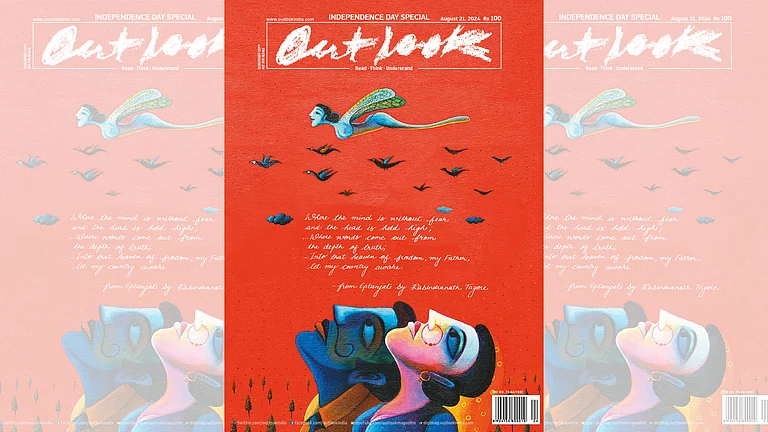Underlying the seemingly deprecatory description of Meher Pestonji's first book of stories - as "Parsi" - lurks defiance. Of current literary fashions, in which writers aspire to the balmy glow of "universality" while simultaneously relying on a profusion of ethnic and exotic detail about little-known communities and customs to create novelty. Pestonji's intentions, however, are radically different.
Her characters, though completely authentic in their Parsiness, are never the soft centres of mushy confections. Their predicaments are larger, braver, drawing them perilously close to transgressing the boundaries of their own delimiting perspectives. Narrow ordered worlds are pitted against the dissonance of chaos outside, with no easy recourse to escapist sentimentalism or elegiac nostalgia. And the outsider, the ingressor, is always full-blooded and real, as are the ensuing clashes of values. The author follows her plot and characters where they lead her with a down-to-earth gumption.
Pestonji's preoccupations as activist-journalist spill into her stories with refreshing candour, undisguised, at times, almost documentary. In the Mixed Marriage of the title story, Savita and Cyrus, two young lawyers, meet during the campaign to save Cuffe Parade's Gitanagar slum from municipal demolition. Later, Savita enters Cyrus' Cusrow Baug home as his wife, prepared for major cultural adjustments she knows she'll have to make. But not enough. Segregated at her own daughter's navjote ceremony, her husband feebly acquiescent, she finds the strength to resist her dominating in-laws in the example of a battered wife and aids victim who is her client. In Riot, a story set in Dharavi during the communal carnage in Mumbai, Rashna is able to withstand the emotional blackmail of family and colleagues, to reach out to her Muslim friend, Tahira, and find "a ray of light" that makes her spirits soar. In The Verdict, a successful manager, Gustad, is unable to feel anything but revulsion for his mentally retarded infant son. When he makes his first move towards starting an affair with a Punjabi airhostess, he too crosses a line of no return.
Communalism, women's rights, the lives of Mumbai's street children, the right to housing for slumdwellers - firsthand experience seems to be the wellspring of Pestonji's stories, permeating them with a simplicity and absence of pretension that's rare.
At times though, an eagerness to confront big social issues and attitudes betrays a certain pedantry and slippage into journalese. We're offered long polemical conversations between characters whose mindsets are too precisely representative of a particular class attitude or belief. One is left wishing that some of it had remained understated.
But even so, one is not unduly put off by the earnestness of her attempts at grappling with conflicting viewpoints and ideologies, since the essential impulse is an honest, seeking mind which is not preoccupied with stylistic or pseudo poetic devices. Where her technical skills falter, we don't mind plodding along with the narrative because she's not consciously trying to create "art" or imagistic dazzle, merely striving to get to the root of issues which clearly mean a great deal to her. This lack of artistic guile is tremendously appealing in an age where literary sleight-of-hand is the applauded norm.
Pestonji has an unexpectedly savage edge in her satirical depictions of the smugly privileged world of Parsis and their interactions with their cooks and ayahs. The community, as is its wont, may not be charmed by the hilarity of this insider's view. But, as Pestonji writes in a poem that prefaces the book, her instinctive rejection of a conservative Parsi upbringing is tinged with a more mature, sadder understanding.
It took years to discover you can't escape roots in search of an identity.






















